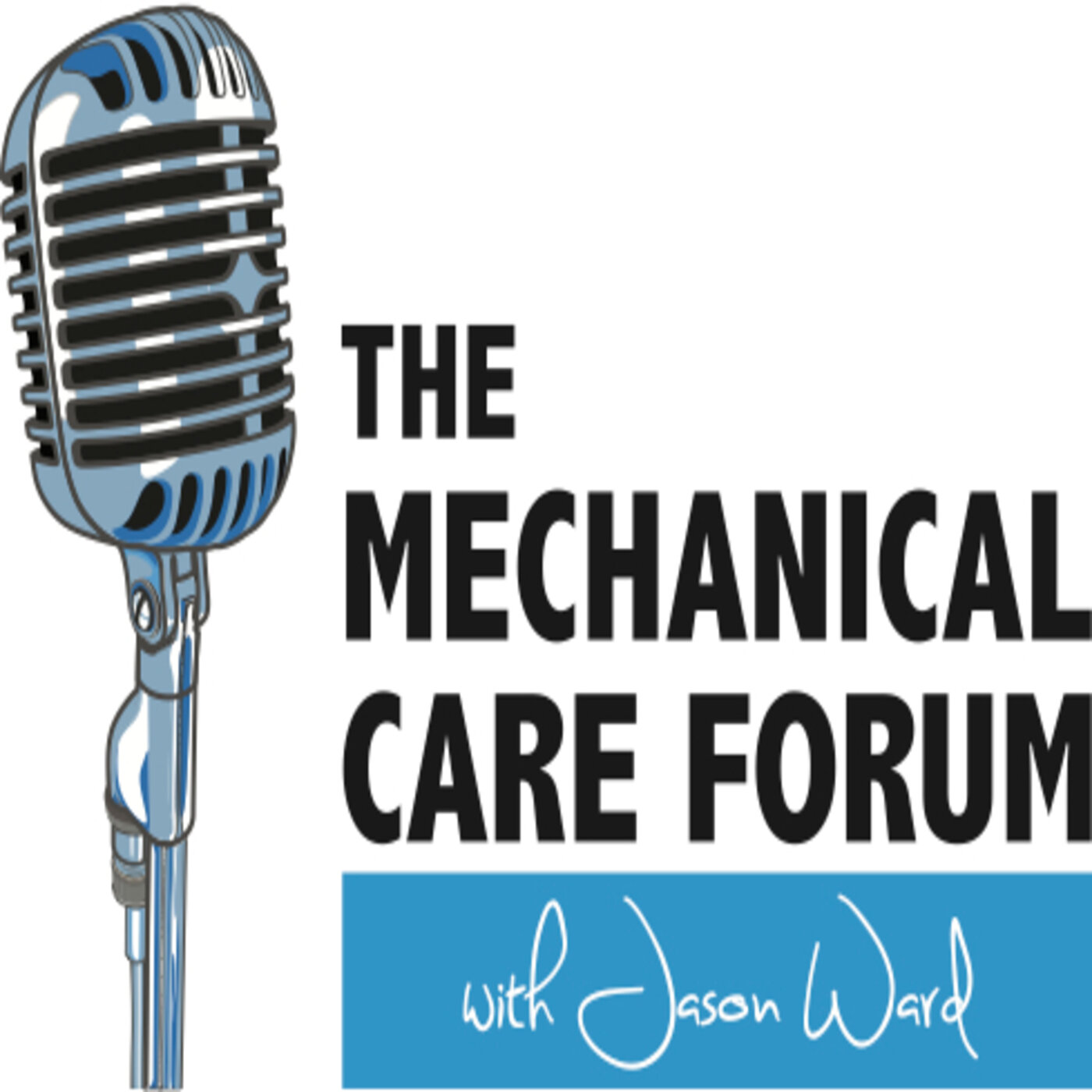Stephen May
United Kingdom | PT, Dip. MDT
SHOW NOTES
Professional Background
Prior to physiotherapy, Dr. May obtained a degree in English Literature but later trained to be a physio nearly 30 years ago initially working in outpatient care within the NHS. He completed his Diploma in MDT in 1995. His interest then was focused in research later and he accomplished his MSc in health and social care research and research methodologies with his dissertation looking at patient satisfaction.
He began writing for the McKenzie Institute publication which gave him the opportunity to edit some chapters of Robin McKenzie’s writings. That, soon led to him being approached by Robin McKenzie to coauthor subsequent editions of his texts.
He believes the encouragement of patients to be effect care-holders of their health as some of the most important elements of the system. Self-management is a large part of his passion as it was for Robin McKenzie because of the importance of reducing recurrence. This belief and notion, being prior to so many of the epidemiological findings we now know related to recurrence.
Dr. May found key elements of successful patient satisfaction to include issues around the professional and personal nature of the treating therapist and also the information given by the therapist. All patients surveyed in one particular study Stephen produced expressed the importance of information given about prognosis, what they could do for themselves and other options that exist for their condition. The persisting theme was that patients want to be told by the therapist how they could help. Since that time and from subsequent work in which he’s been involved, patients view information given by the treating clinician as very important.
In social systems in the UK as in the NHS their is no shortage of patients. It’s not well understood why a patient might choose the NHS versus private practice. A challenge Dr. May views is the issue of therapists tending to want to do things TO their patients and the patients wanting their therapist to do TO them as well versus teaching them to do for themselves.
A criticism of the Mckenzie method has frequently been for its simplicity, and he would actually view that to be its greatest strength rather than a weakness.
We hope to deliver this content to the committed professional who wants to improve his/her care and we hope to do it in a way that is easily accessible, the world over, in today's technological age.
To contribute:
Give a 5-star review on iTunes;
Share EP #17 with a friend; and/or
Connect with us on the Spotify MCF Podcast and MCF Instagram page!
Thanks for your support!

